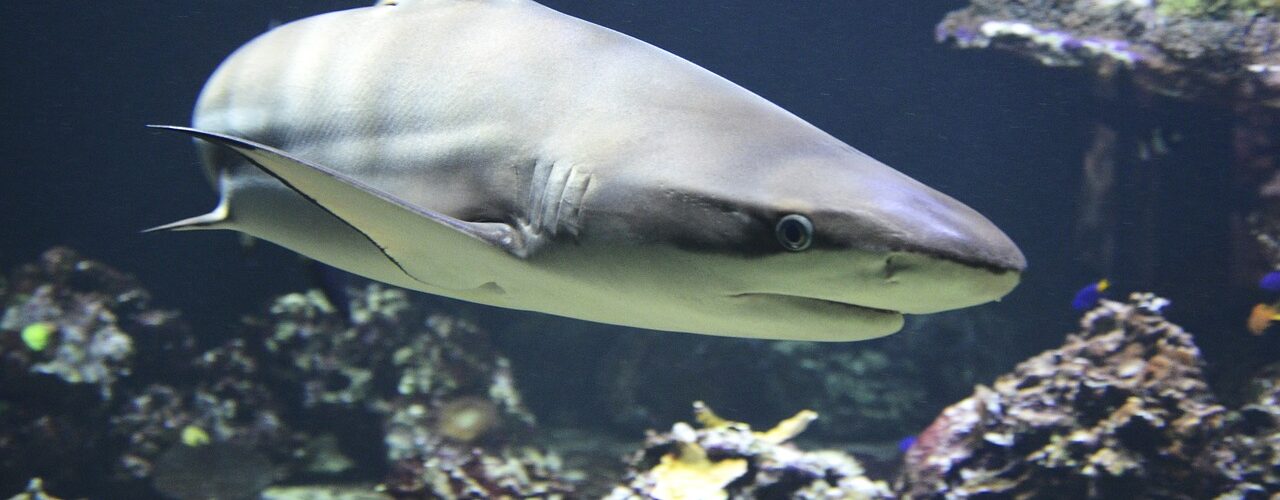Sharks – Predators of the Ocean

Sharks, often portrayed as fearsome predators in popular culture, are a diverse group of fascinating and vital creatures that play a crucial role in marine ecosystems. In this article, we’ll delve into the various aspects of sharks, exploring their biology, behavior, ecological significance, and the challenges they face in a rapidly changing world.
Diversity of Sharks
Sharks belong to the class Chondrichthyes and are characterized by their cartilaginous skeletons. With over 500 known species, they exhibit an incredible diversity in size, shape, and behavior. From the colossal whale shark to the elusive and sleek hammerhead, each species has unique adaptations that enable it to thrive in specific marine environments.
Anatomy and Adaptations
Sharks are well-equipped for their predatory lifestyle. Their streamlined bodies and powerful tails allow for swift movement through the water. Rows of sharp teeth, often replaced throughout their lives, are a defining feature, and their keen sense of smell helps them locate prey from great distances. Specialized scales, called dermal denticles, contribute to their hydrodynamic efficiency.
Feeding Habits
Sharks are carnivorous predators with a wide range of diets. While some species are apex predators, preying on marine mammals and large fish, others are filter feeders, like the majestic whale shark, which consumes plankton and small fish. The hammerhead shark’s unique head shape provides enhanced binocular vision, aiding in the detection and capture of prey.
Reproduction
Shark reproduction varies among species. Some lay eggs (oviparous), while others give birth to live young (viviparous). Certain species even exhibit a combination, with embryos developing inside eggs that hatch within the mother’s body. Shark reproduction is often characterized by slow growth rates and a low number of offspring, making them vulnerable to overfishing and environmental pressures.
Ecological Importance
Sharks play a crucial role in maintaining the balance of marine ecosystems. As apex predators, they regulate populations of prey species, preventing overgrazing and ensuring biodiversity. Their presence is indicative of a healthy ocean ecosystem, and the decline of shark populations can have cascading effects on the entire food web.
Conservation Challenges
Sharks face numerous threats, primarily due to human activities. Overfishing, driven by the demand for shark fins, meat, and liver oil, poses a severe risk to many shark species. Habitat degradation, climate change, and accidental bycatch in fishing gear further compound the challenges they encounter. Conservation efforts are underway globally to address these issues and protect vulnerable shark populations.
Misconceptions and Reality
Despite their portrayal as menacing creatures, shark attacks on humans are relatively rare. Misconceptions perpetuated by media often overshadow the fact that sharks are more threatened by human activities than humans are by sharks. Public education and awareness are essential in dispelling these myths and fostering a greater understanding of the vital role sharks play in maintaining ocean health.
Conclusion
Sharks are remarkable inhabitants of the ocean, deserving of our respect and conservation efforts. Understanding their biology, behavior, and ecological importance is crucial in ensuring the survival of these apex predators and maintaining the delicate balance of marine ecosystems. As stewards of the oceans, it is our responsibility to protect and coexist with these ancient and awe-inspiring creatures.








